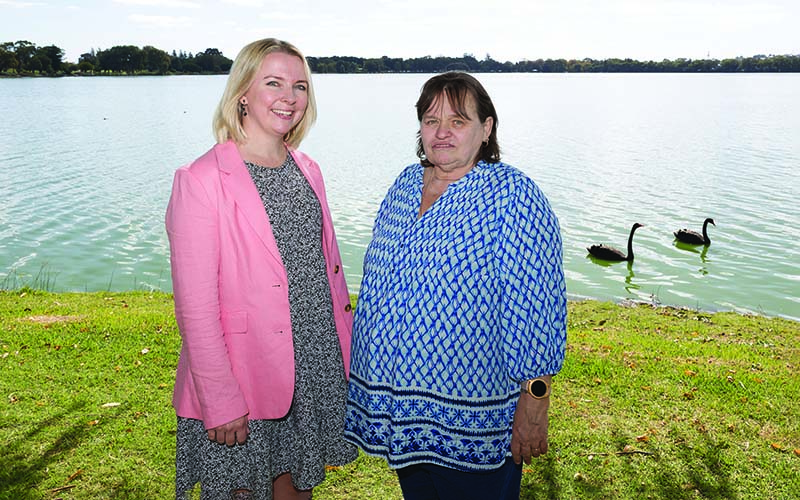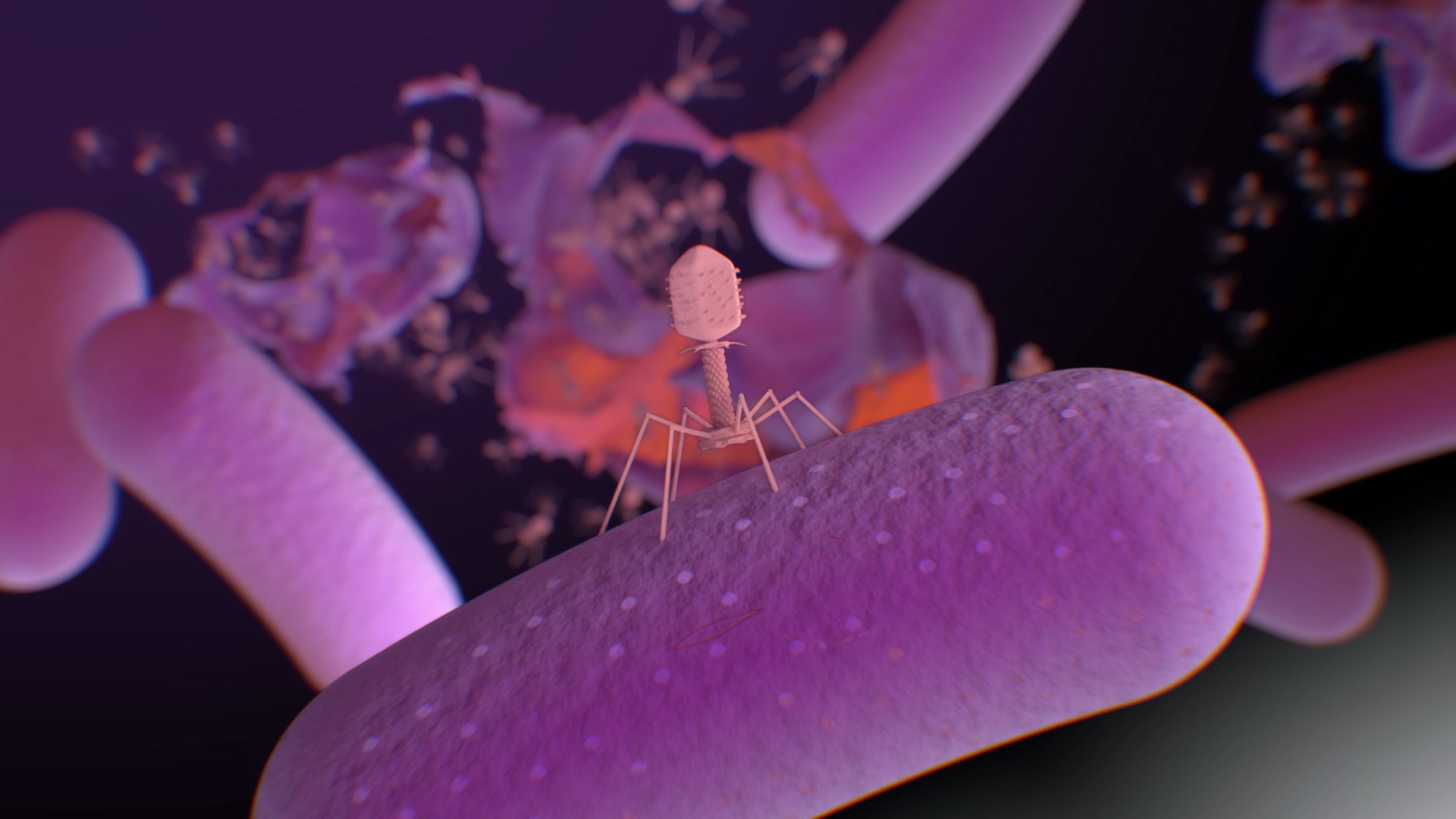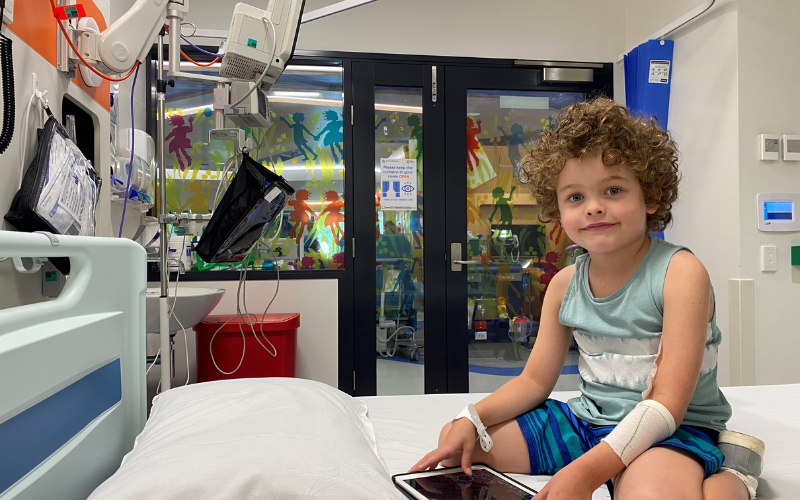Search

News & Events
Pre-term kids get green light to exerciseParents of children born prematurely have expressed concerns about their child’s lung health when they exercise, with symptoms such as breathlessness.

In Aboriginal culture, water is life, holding powerful spiritual and cultural significance and acting as a vital source of connection, food and medicine.

Leading the fight against Antimicrobial Resistance (AMR) in Western Australia.

News & Events
New treatment option for West Australians with cystic fibrosis one step closer thanks to generosity of Conquer Cystic FibrosisAccess to phage therapy, a treatment option for antibiotic resistant superbugs, is now one step closer for people with CF in WA thanks to a $500,000 donation from Conquer Cystic Fibrosis to the Wal-yan Respiratory Research Centre.

News & Events
New funding to accelerate AI personalised phage therapiesWal-yan researchers have been awarded $500,000 for their innovative research, supported by the Western Australian Government’s Future Health Medical Research and Innovation (FHRI) Fund.

An exciting study is investigating whether a new therapeutic treatment for asthma will protect young sufferers from ongoing lung damage and improve their long-term health outcomes.

News & Events
The Kids Research Institute Australia welcomes world-leading new laws for vapesThe Kids Research Institute Australia welcomes the Federal Government's stringent vaping reforms that took effect on 1 July 2024.

News & Events
World-first study shows increased atmospheric CO2 levels damage young lungsAustralian researchers who have conducted the first study looking at the direct health impacts of predicted carbon dioxide levels say the results are worrying and highlight the urgent need for more research into the issue.

News & Events
Bushfires: Tips to protect family from smoke exposurePerth’s north-east is under threat from an out-of-control bushfire.
News & Events
Toxic, harmful chemicals found in popular Australian e-liquidsPerth researchers have found toxic and harmful chemicals in several dozen e-cigarette liquids readily available in Australia.
